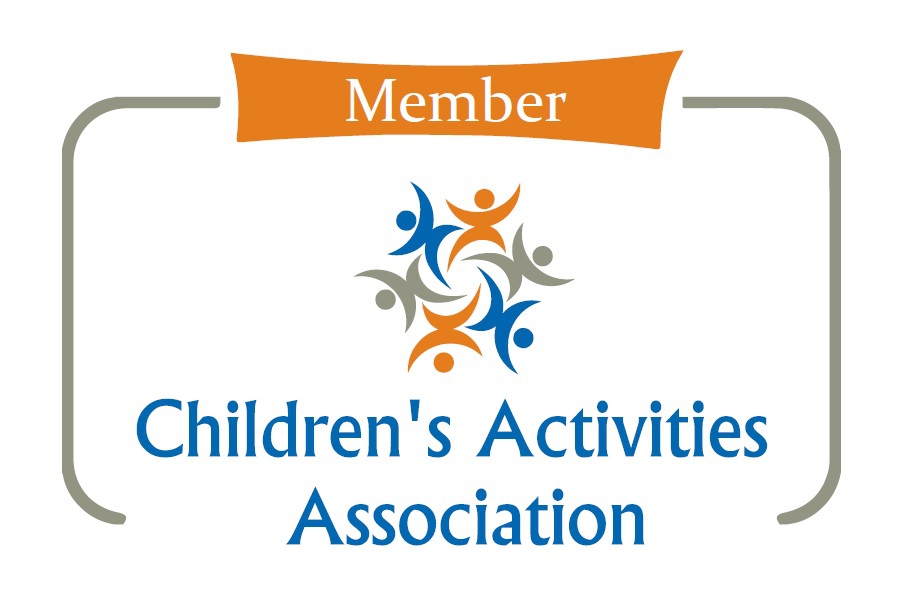The new year is often linked to new starts but too often we are held back by ourselves. Imposter syndrome is now a widely recognised term and describes that feeling we can all suffer from sometimes of thinking we are just not good enough. We all have an Inner Critic and for some of us and our children, this negative voice shouts louder. We thought we’d kick off 2025 with this brilliant blog on Imposter Syndrome so you can start the year ahead with confidence.
We asked the wonderful Jaimie Shires, an experienced counsellor and mental health trainer to tell us all about imposter syndrome and our inner critics, and provide practical tips to help you and your family navigate these confidence tricksters!
What is imposter syndrome?
Jaimie explains that imposter syndrome is rooted in feelings of inadequacy or a sense that we are somehow lacking in something. It often shows up as the belief that we’re not skilled, clever or deserving enough compared to others, which is why it can be highly prevalent within educational settings and workplaces, where we can feel constantly compared to others. It can feel lonely and isolating, but this mindset is really common, regardless of your background, age and gender.
Having said that, teenagers, with their heightened self-awareness and social comparisons, are especially vulnerable to imposter syndrome as they develop their sense of self-worth.
What causes imposter syndrome?
For all you amateur psychologists out there, Jaimie explains that the roots of imposter syndrome often lie in societal and cultural conditioning – or put simply, how the environment we grow up in can influence our behaviours, both as adults and as children. Jaimie references psychologist Carl Rogers’ concept of “conditions of worth,” explaining how societal rules for success and worthiness shape our beliefs. From a young age, we internalise comparisons — in school, at home, or online. Our achievements are measured against others’, reinforcing a “win or lose” mentality that is hard to shake off.
This conditioning makes many of us overly reliant on external validation, feeding the inner critic — that nagging voice of judgment and doubt we all carry around to some degree. This internal critic often pushes us toward perfectionism and self-doubt, even when we’re outwardly succeeding. It’s actually really mean if you think about it – you or your child might be doing really well at something, but you don’t feel like you are!
The impact on families and teens
For us parents, it’s heartbreaking to think about our children struggling with feelings of inadequacy. Teens, in particular, often compare themselves to peers, whether it’s in academics, sports, or social settings. Social media can amplify this, with its carefully curated snapshots of perfection. Jaimie highlights the importance of helping our teens recognize and challenge these feelings, fostering self-compassion instead of comparison. Encouraging a cynical eye is also key – why don’t bad hair days appear on social media for example?!
The role of social media
And whilst we’re on that subject, let’s face it: social media can be both a blessing and a curse. While platforms like Instagram inspire creativity, they can also be a breeding ground for the inner critic. Jaimie explains that the issue isn’t the platforms themselves but how they trigger our ingrained tendencies to compare ourselves.
For parents, this can lead to unrealistic expectations. Ever felt guilty about not organizing a Pinterest-worthy craft session with your kids? Or that Instagrammable birthday party complete with balloon arch, cake smash and a carefully honed colour scheme? You’re not alone. The key is recognising these feelings and making sure your actions fit with what is really important to you as a parent – if that is time spent together and being present, you can do this anywhere, on any day, you don’t need a crazy budget and 10 step plan.
How to Silence the Inner Critic
Jaimie shares some excellent tips for managing your inner critic (it might be helpful to practise these with your child if you think they are burdened by one too):
- Personify it: imagine your inner critic as a little gremlin or monkey on your shoulder. This visualisation can make it easier to challenge and dismiss its unhelpful comments.
- Flip the script: When the critic tells you, “You’re not good enough,” respond with, “I can do this. I am capable.” Practice turning negative self-talk into empowering affirmations.
- Reframe your perspective: Instead of focusing solely on mistakes or shortcomings, acknowledge your strengths and achievements. Think of it as turning your inner critic into an inner cheerleader!
Practical Tips for Parents and Families
For families, Jaimie suggests fostering an environment of unconditional support and acceptance. This protective buffer can help children and teens develop resilience against societal pressures.
Parents can also model healthy self-talk. By openly addressing your own moments of self-doubt and showing how you overcome them, you teach your children valuable coping skills.
Finally, be mindful of the language you use. Replace “good parent” with “present parent,” and focus on nurturing, warmth, and love instead of ticking off an imaginary checklist of perfect parenting tasks.
Jaimie, thank you so much for your brilliant advice, it has been wonderful to share your insights as we start another new year. We really hope this has resonated with you as parents and given you some support whether it is you or your child who is struggling with that inner critic.
All the best for the new year ahead, Mini First Aid xxx
Our Award Winning Mini First Aid Kit
Don't leave the house without our award winning Mini First Aid kit, containing 74 essential first aid items. Keep one at home and one in your change bag for life's little accidents.








